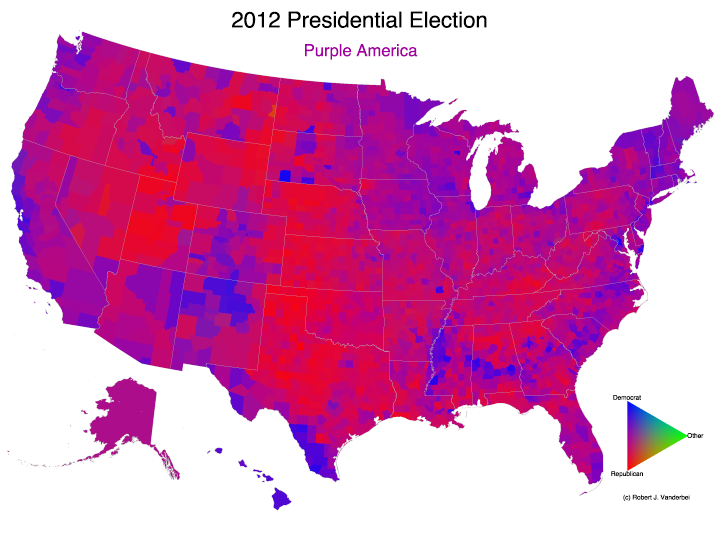Like what, though? What do you mean? What is outside of the "Truman Show-esque walls of alleged freedom"? Infinite space? Cosmic love? Child rape? We are all bound by some limits in any form of society -- norms of behaviour, moral codes or tribal tradition. They are fairly loose in modern Western neo-liberal states. You are restricted by moral and legal codes and the necessity of earning a living. But for that you get protection, order and a certain amount of freedom and opportunity, plus space for transgression. This "liberal state" is the bourgeois ideal, mass tranquility. People subject to this state miss...passion, commintment, blood. See where that gets you.
Cosmic love, I'd hope.
Complex questions to answer, I didn't say it was simple. People have written books on this kind of thing (Fromm is one of the ones that springs to mind, obv there are many others), since working out your true desires pretty much holds the key to the meaning of life!
A few points though:
You could take those limits to freedom as being either internal or external. Usually only the external are examined, and I was making the point both that people also have internal restrictions that they impose on their own freedom/the satisfaction of their own real desires, and that these internal restrictions interact in a complex way with external restrictions, according to the designated overall aims of the society.
One of the problems is that " protection, order and a certain amount of freedom and opportunity" is afforded in massively varying degrees to different people. It doesn't always apply to 'you'. Especially in the present order, which tolerates massive inequalities, which many people accept because they are told, like dutiful children, that it is for the greater good.
Space for transgression - such as? Surely fake transgression, rather than real transgression, which would transgress those codes you talked about, most of which are not moral at all, but strictly amoral and pragmatic.
I don't agree with the assumption that codes of behaviour are that loose in the present Western situation. Of course that's the propaganda, but you have to justify why you think it true. In certain senses yes, but in other senses people are more tightly constricted by common codes.
Anyways, I still don't understand the 'masochistic' bit. Masochism and self-sabotage (through letting others define what you want) is precisely what i'm railing against.
PS Off topic perhaps, and I know you said it facetiously, but I think Saville if nothing else shows that child rape is hardly outside the realms of possible tolerable freedoms within our protecting society. Everyday abuse is certainly not, and 'protection' is certainly dependent upon who you are and what situation you find yourself in.



